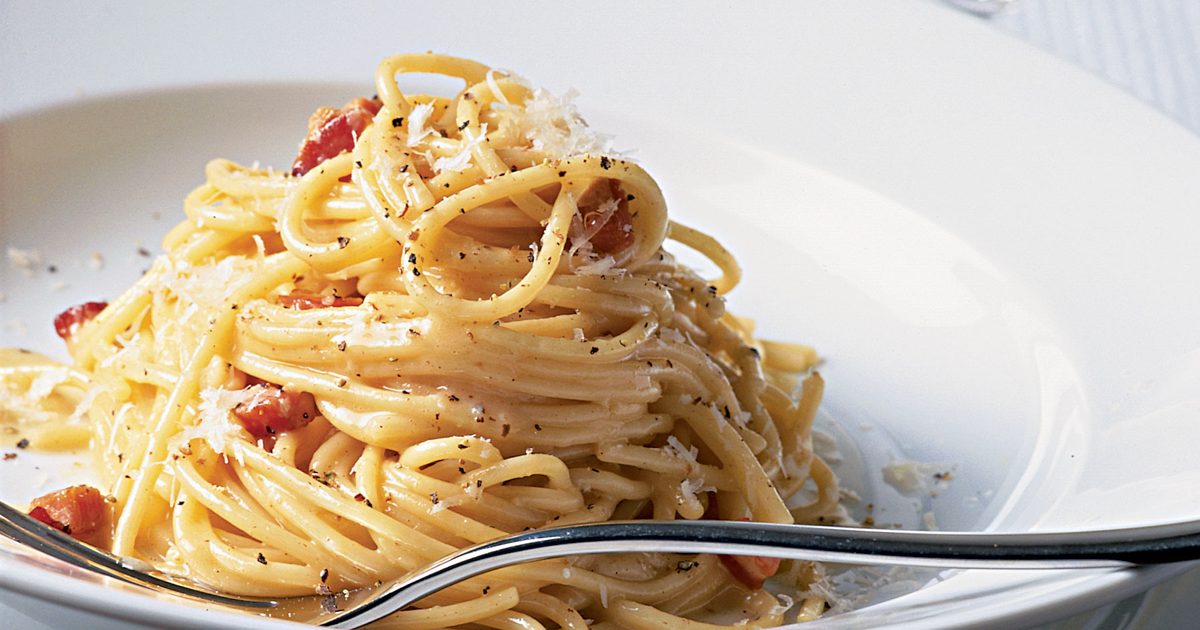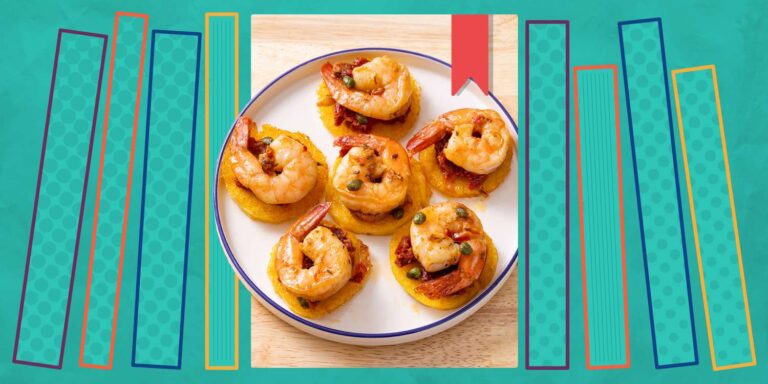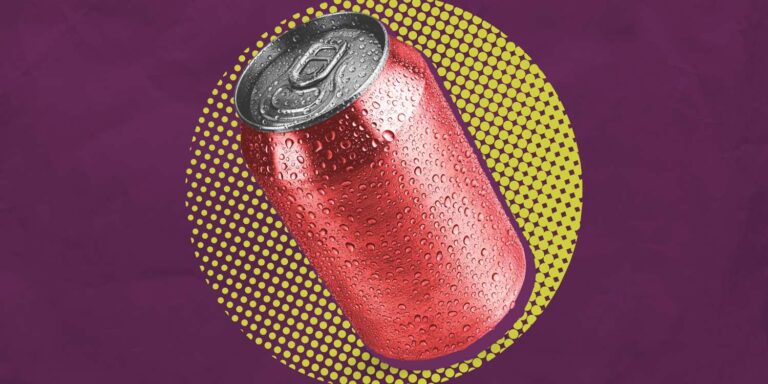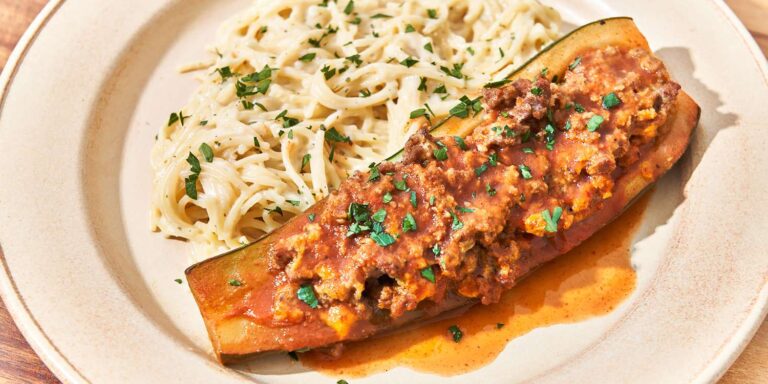Scrum, sweat and spaghetti: Sarah Berns with carbohydrate loaded path to a home world championship
“You want a kind of carbohydrate, so you want to get six grams per kilo of body weight – for me it will be almost 600.”
This corresponds to a lot of toast in the camp, a square bar and half a banana, just before taking the field. Fat-rich foods are in the structure-“It can annoy your digestion”-which is why your Carbonara of Choice jumps the cream completely.
In the pan, the cubes transforms Guanciale (the “cheek bit”) into hearty nuggets. A whole clove of garlic goes into a whisper out of perfume, then the alchemy comes: a tangle of hot pasta, a shower of pecorino and parmesan and egg yolk, which loosened with a “swarming” cooking water. The sauce becomes silky and clings to every strand.
It is food for body and soul, although there is no everyday pleasure. The peppery bite, the salty cheese and this shiny shine are exactly the kind of sensory reward that feels a long pre -season.
Warehouse life
Sarah’s summer was a blurring of changing events and brutal sessions. The camp in the capital – London Irish’s Old Ground, The Lensbury, Pennyhill Park – has a conscious step for a Home World Championship that will require adaptability. The facilities are shared, the schedules are narrow and especially the meals are coordinated with the grind.
“A lot of it specializes in what we did that day. If we have made a really hard training session, the nutrients will match.”
There is always toast. There is also support for how players learn. Sarah, who is dyslexic, likes a cookbook to read the steps while she cooks.
The training itself is punished for design: CrossFit style blocks with sprints, curves and down time; Synchronized Burpees; Attack tech; Wear teammates over distances. Then right back into the running, then in Touch Games and Match Play. The goal is to give the games the feeling if not easy, at least when the lungs burn.
“There were a few people who were also sick – I was almost sick this week.”
From the back row to the first row
Sarah’s path to the Tighthead Prop was anything but easy. She fell in love at 10 or 11 in Rugby after a pushing of the family, played everything at school – swimming, cricket, athletics – and dreamed of skiing the descent. At 18 or 19 she had an English hat and now counts 71.
Initially, she was a back until she got forward through the positions until a coach of England striker made a convincing place to bring her into the front row. At first she refused. It was a decision on how she saw her body and how the front rowers were perceived.
“I didn’t want to be a first row. I was always very muscular – I didn’t want to be put in this box.”
The turning point was the survey. It would not be “made a prop”; She was the same player, added a new cord to her bow and learned the scrum – the dark art that she describes with poor clarity.
“It is like having a maximum crouch and trying to play chess at the same time.”
Eight months later she anchored Scrums at a World Cup. Since then there has been another world championship – the last in the last route – and the constant accumulation of experience, which turns a first row of strongly into Smart.
Rivalry and respect
At home, Rugby is both a family and the rejection line. Sarah plays for Bristol; Her partner Mackenzie Carson plays for Gloucester. They prove the same point in the front row, on the opposite pages, which makes club days as intimately as intensive.
“When we play against each other, we are literally head of head.”
You have agreed the rules: it is only rugby on the field; In addition, real pride in the achievements of the other, even on the most difficult days. In the camp is her roommate and captain Zoe Croft – another thread in a network of relationships that extend over teams and rivals. The victims are also shared: the missed weddings, the family parties that skipped in the name of performance.
What’s next
With all the focus to September, Sarah is already considering further. The dream is unexpected and perfectly logical: become a pilot. Rugby showed her the world – New Zealand, Canada, Spain, France, Japan – and the rhythm of performance under pressure has its own train.
“I really want a new challenge – I would like to remember as a player rather than a trainer.”
This means planning a transition that protects identity as well as it opens doors. Work hard, rest and find the next runway. At the moment there is pasta to shoot, chase pepper for grinding and a home world championship, a shiny bowl, occupied by Guanciale.







